April 16, 2025 | 02:23 GMT +7
April 16, 2025 | 02:23 GMT +7
Hotline: 0913.378.918
April 16, 2025 | 02:23 GMT +7
Hotline: 0913.378.918
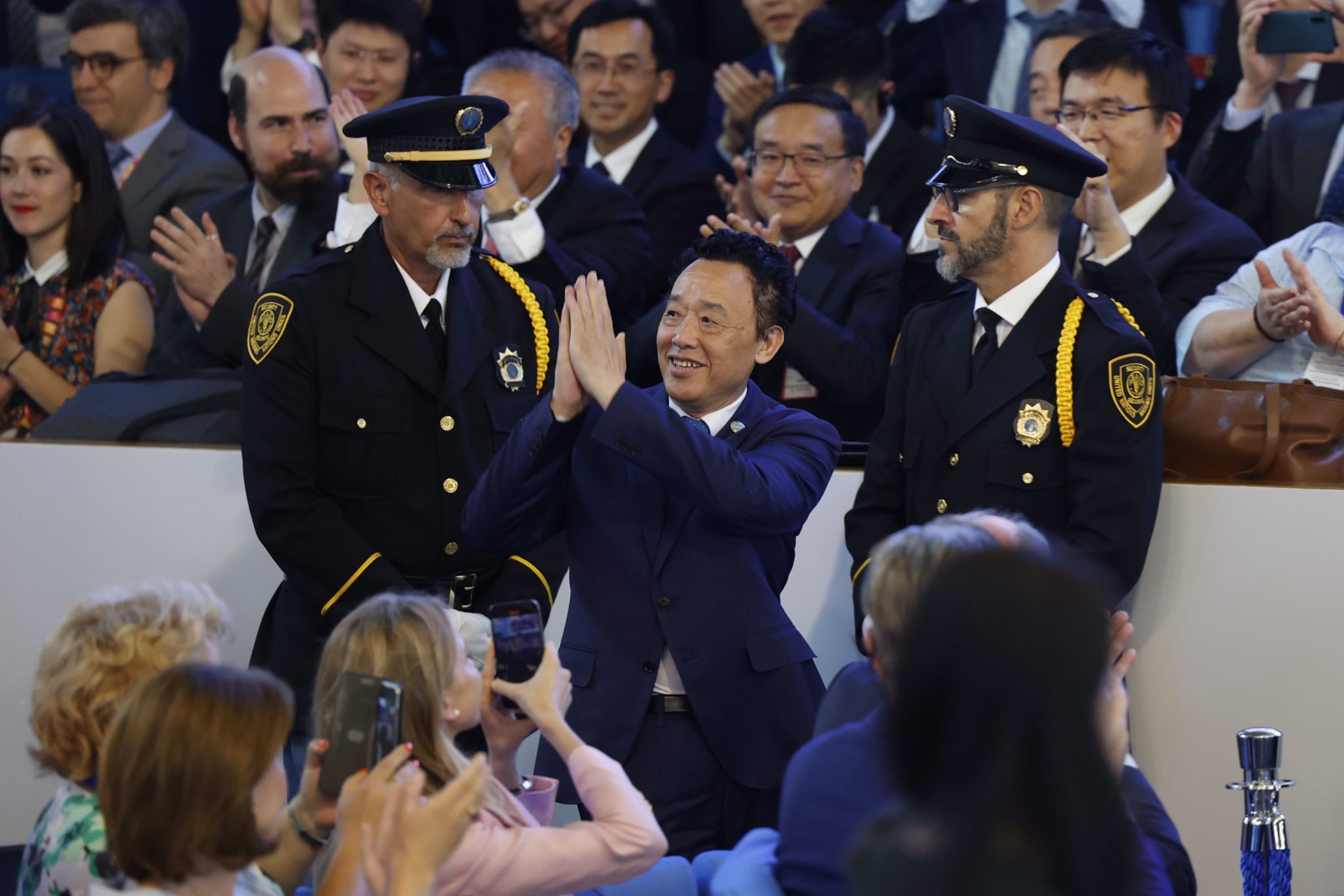
FAO Director-General QU Dongyu. Photo: FAO.
QU Dongyu was today re-elected to a second term as Director-General of the Food and Agriculture Organization of the United Nations (FAO).
In ballot by FAO member countries, Qu received a total of 168 out of 182 votes deposited.
Nominated by China, Qu was the only candidate to FAO’s top position in today’s election. His new term will run from 1 August 2023 to 31 July 2027.
The election took place on the second day of the FAO Conference (1-7 July).
Since being elected FAO Director-General for the first time in 2019, Qu has championed a wide range of reforms and initiatives to overhaul the Organization’s business model, improving efficiency and implementing best practices that support programme and administrative effectiveness.
FAO’s transparency, visibility and reputation has continued to increase over the last four years, amid major global challenges such as the COVID-19 pandemic, the war in Ukraine and other protracted conflicts, economic downturns, and the intensifying climate crisis.
Qu has strongly advocated for the transformation of agrifood systems to make them more efficient, more inclusive, more resilient and more sustainable, with the ultimate goal of helping Members achieve the Sustainable Development Goals (SDGs) and promote the Four Betters: better production, better nutrition, a better environment and a better life, leaving no one behind.
For that, FAO has focused on boosting science and innovation and launched some important strategic initiatives. The Hand-in-Hand Initiative, for example, supports the implementation of nationally led, ambitious programmes to accelerate agrifood systems transformations. It uses advanced geospatial modeling and analytics, as well as a robust partnership building to raise incomes, improve the nutritional status and well-being of poor and vulnerable populations, and strengthen resilience to climate change.
In the emergency and humanitarian response, FAO has been advocating for greater investment in medium and long-term resilience building, livelihood protection and disaster risk reduction support alongside humanitarian actions, especially in fragile contexts. In this sense, the Organization has stepped up its work in prevention and anticipation with the aim to address the root causes of food crises.
Another highlight of Qu’s leadership was the creation of the World Food Forum (WFF) in 2021. Over the past two years, the WFF has identified powerful ideas, scientific and evidence-based knowledge, innovations, policies and solutions, while forging new partnerships and investment opportunities to transform our agrifood systems.
The WFF will continue to expand its reach in 2023, and draw a clear connection to the theme of climate action, while the global events in October will again encompass three pillars: the Global Youth Forum, the FAO Hand-in-Hand Forum and the FAO Science and Innovation Forum.
(FAO.org)
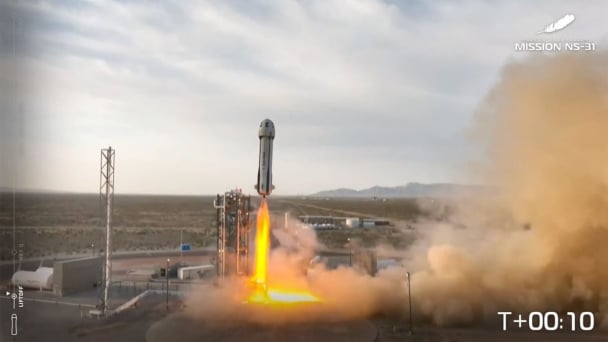
(VAN) 169 lotus seeds selected by the Vietnam Academy of Agricultural Sciences were carried into space by Vietnamese-American astronaut Amanda Nguyen.
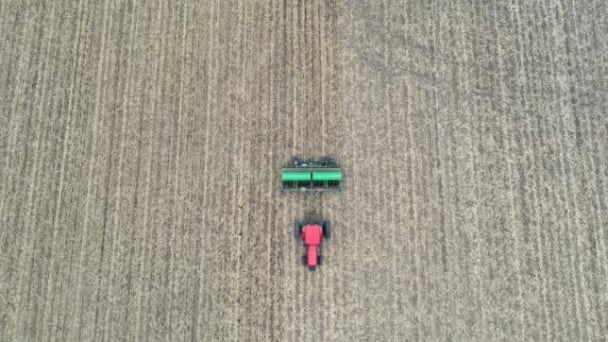
(VAN) Tariffs are making life more expensive for John Pihl. He's been farming in Northern Illinois for more than 50 years.
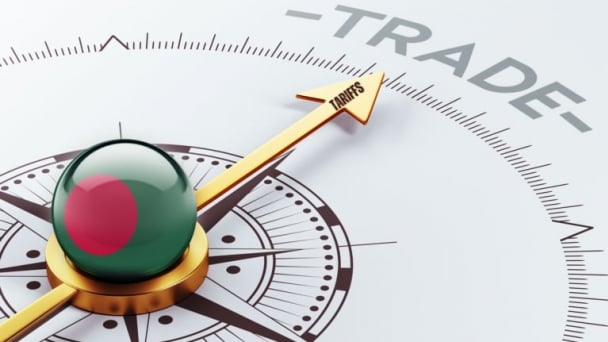
(VAN) European and American farmer organisations are concerned about the import tariffs that the United States introduced on 9 April for products from the European Union. This makes them 20% more expensive.
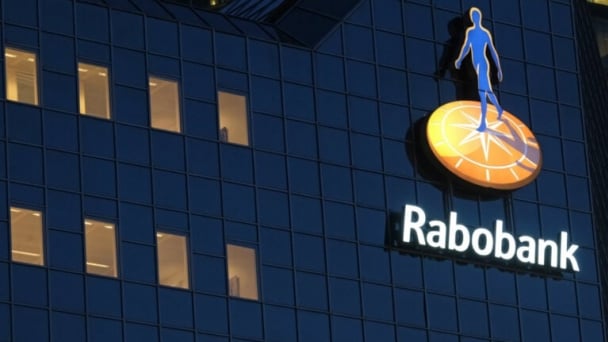
(VAN) Global poultry trade is expected to remain strong amid relatively tight global protein supply and growing consumption, RaboResearch concludes in its latest animal protein report.
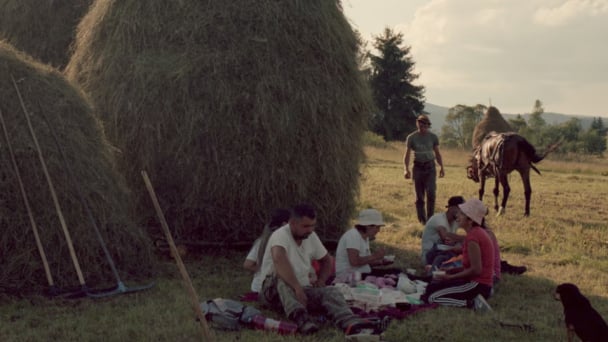
(VAN) Traditional methods benefit hundreds of species but as new agricultural techniques take over, the distinctive haystacks mark a vanishing way of life.
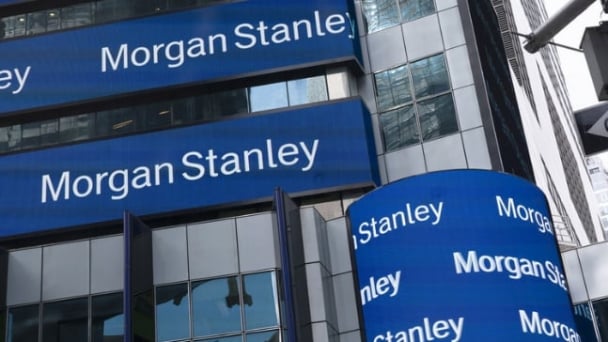
(VAN) The nation’s top banks are quietly advising their clients on how to build a financial life raft - or perhaps life yacht - from the wreckage of runaway climate change.
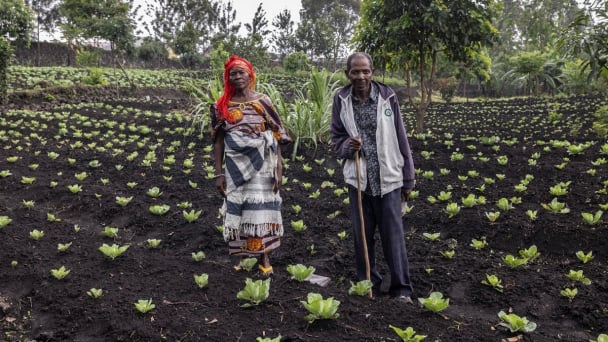
(VAN) From FAO Office in the Democratic Republic of the Congo.